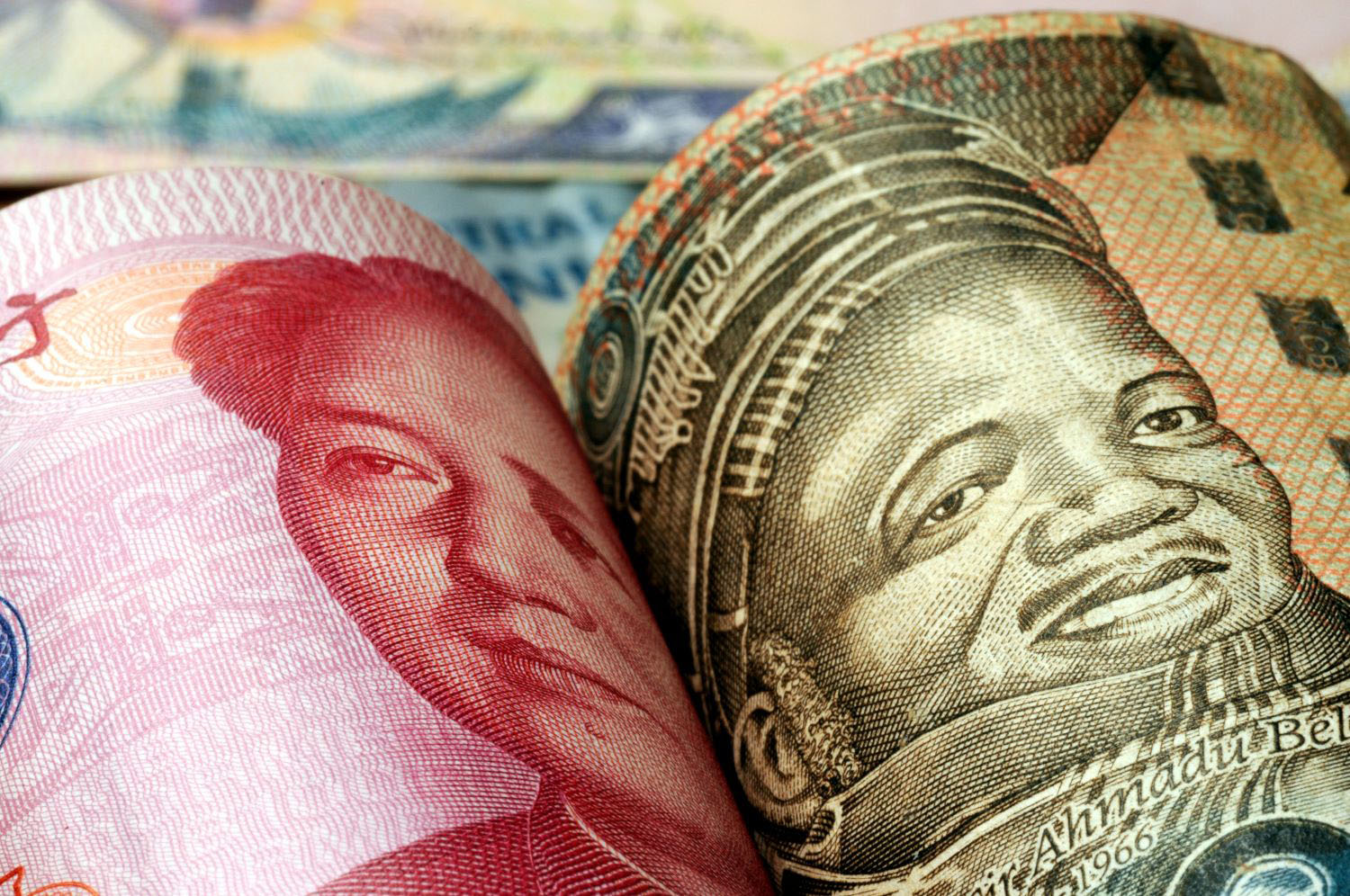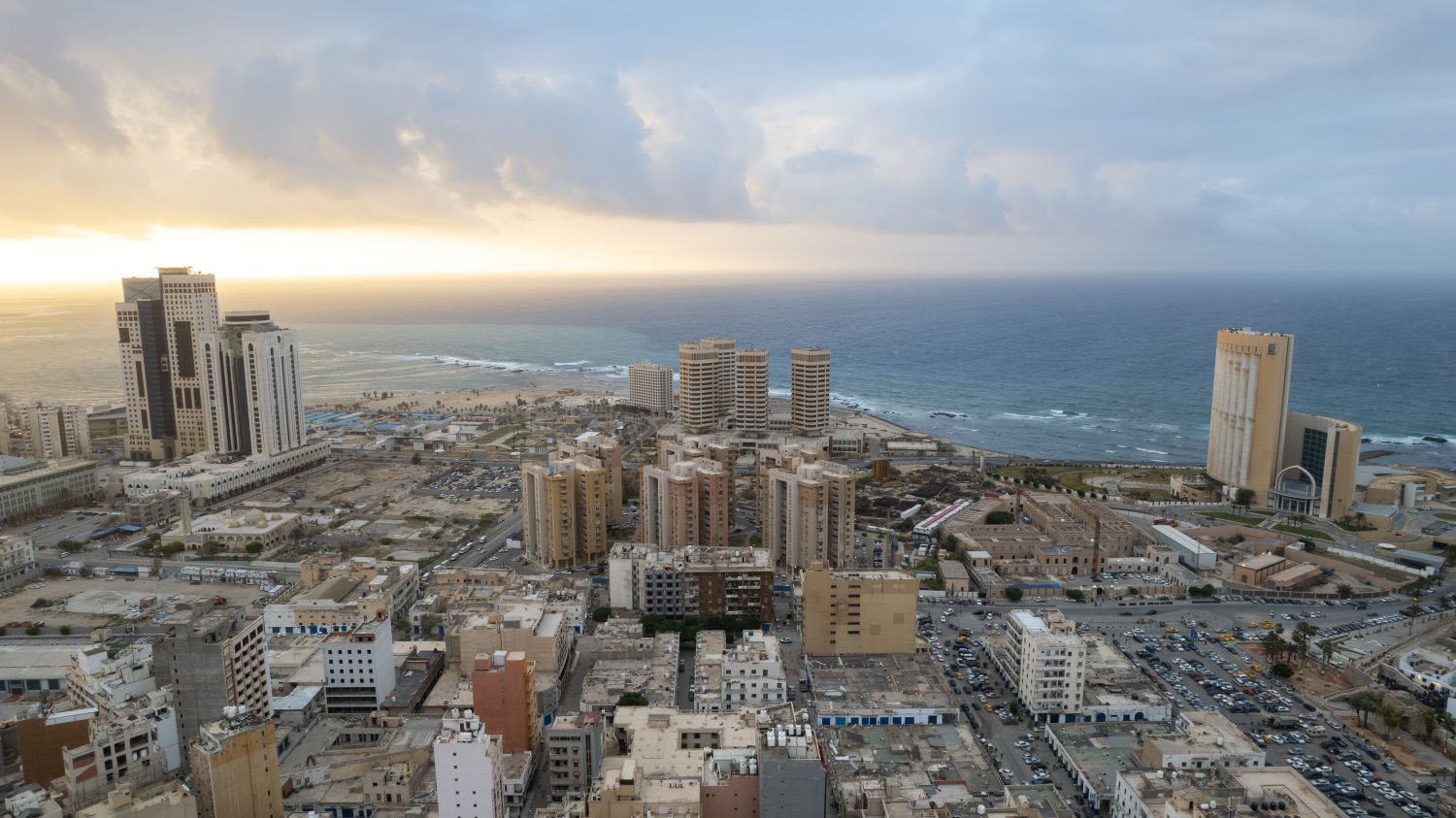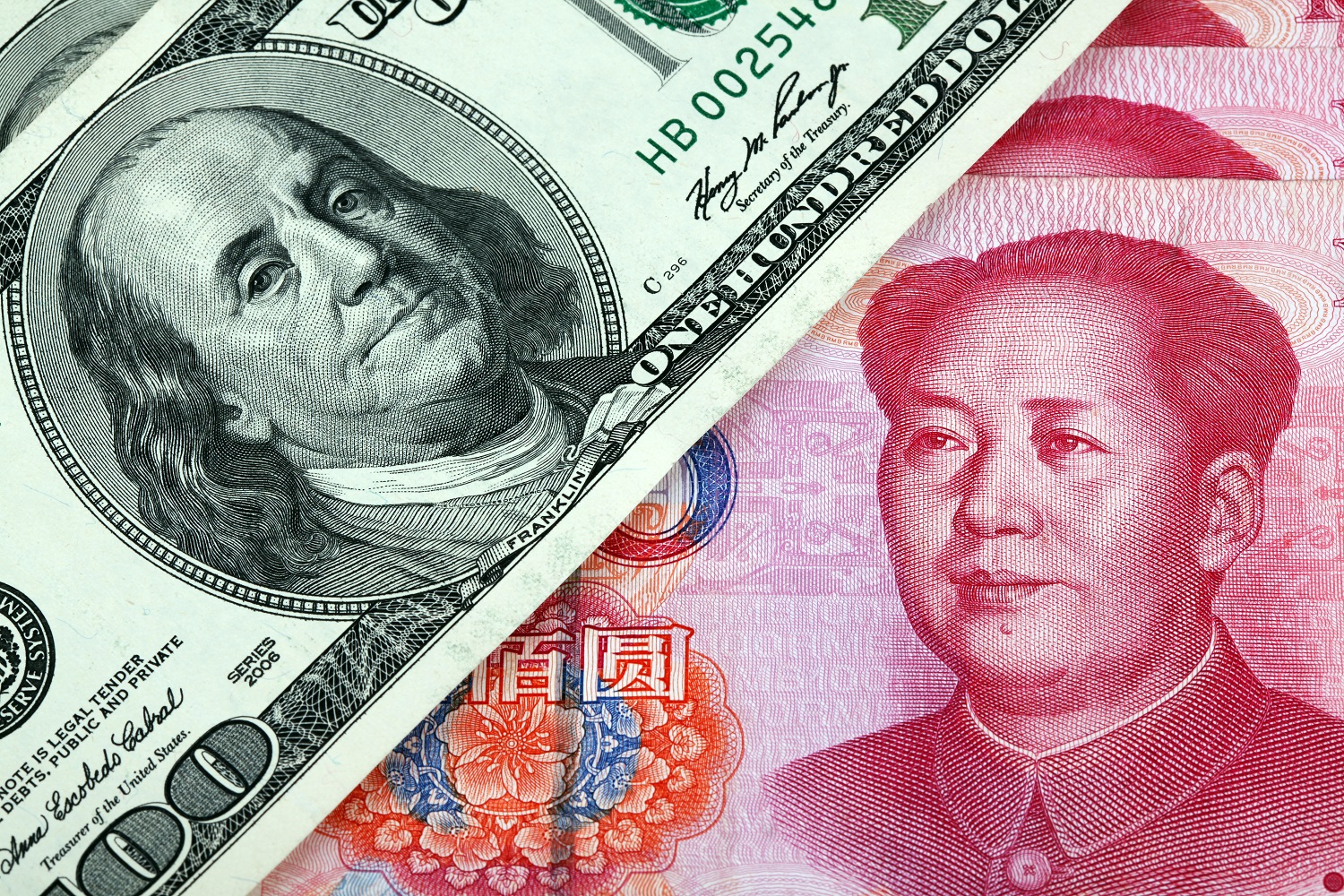March 24, 2010
This article also appeared in the Business Standard.Back in 1971, the then US Treasury Secretary, John Connolly, told his European counterparts that the dollar was “our currency, but your problem”. Today, it seems that China has returned that favour. Its currency has become a problem for the US. Not just the politics but the intellectual climate has become charged with even Nobel laureate Paul Krugman urging strong trade action against China. Treasury Secretary Tim Geithner has a damned-if-I-do-damned-if-I-don’t choice facing him in mid-April, when he is required by law to pronounce on whether China is a currency manipulator.Branding China a currency manipulator would be akin to pushing the nuclear button. China is hyper-sensitive about its currency policy and would not take kindly to being chastised formally. It is likely to respond in kind, and it is safe to assume that changing its currency policy will not be part of that response. Yet, ducking the issue yet again also carries costs. Letting China off the hook would be an abdication of responsibility, a signal of weakness from the world’s still-greatest power.Is there a way out? There is, as Aaditya Mattoo of the World Bank and I have proposed. The key is to recognise that the renminbi is a problem not just for the US but for the world, and so it requires a multilateral, rules-based solution and not a bilateral confrontation between the US and China.The International Monetary Fund (IMF) is, of course, the natural multilateral forum for addressing exchange rate issues. But the IMF suffers from problems of eroding legitimacy and inadequate leverage. Emerging market countries still chafe at its antiquated governance structure that does not reflect today’s economic realities. One just has to compare the voting and influence in the IMF of Belgium and Luxembourg on the one hand, with India and China on the other, to get a sense of the anomalies.Moreover, the IMF has rarely, if ever, effectively influenced the policies of large creditor countries even where such policies have had significant negative effects on others. The IMF and its managing director have become more vocal in characterising the renminbi as “substantially undervalued”, but this has been like water off the Beijing duck’s back. The IMF is, sad to say, toothless.The World Trade Organisation (WTO) is a natural forum for developing new multilateral rules. First, undervalued exchange rates are de facto protectionist trade policies because they are a combination of export subsidies and import tariffs. Second, the WTO has a better record on enforcement of rules. Its dispute-settlement system, although not perfect, has been reasonably effective in allowing members to initiate and settle disputes. The WTO has greater legitimacy than the IMF — developing countries, even smaller ones, have been active in bringing disputes to the WTO. Tiny Antigua (population: 69,000) managed to successfully challenge US gambling laws.Although the WTO has some rules on exchange rate-related action, they are too vague to provide a basis for effective enforcement. What is needed is a new rule in the WTO proscribing undervalued exchange rates. The irony is that export subsidies and import tariffs are individually disciplined in the WTO, but their lethal combination, “an undervalued exchange rate”, is not. But the rules would have to be carefully designed because a competitive exchange rate can be a legitimate policy tool for development. The rules should aim to addressing those situations where the adverse costs imposed on partner countries from an undervalued exchange rate start to become large relative to the benefits to the country.The IMF would continue to be the sole forum for broad exchange rate surveillance. But in those rare instances of substantial and persistent undervaluation, we envisage a more effective delineation of responsibility, with the IMF continuing to play a technical role in assessing when a country’s exchange rate was undervalued, and the WTO assuming the enforcement role.How would this new rule be incorporated in the WTO? Essentially, through negotiation. China would have to agree with its other trading partners in the WTO to negotiate new rules aimed at disciplining undervalued exchange rates. In return for such a commitment, the US treasury secretary would desist from branding China a currency manipulator in mid-April. To sweeten the pill for China, its major trading partners could pledge granting China the status of a “market economy” in the WTO. This would have value because anti-dumping and countervailing duty actions are easier to take against non-market economies such as China.Such an approach has several advantages. China would not be seen as a victim of bilateral targeting, but be part of a cooperative approach to settle an issue that could well go beyond its currency. The remedy would be new, broad-based rules rather than just renminbi revaluation. There would be a large collateral benefit too. Negotiating new and important rules would help revitalise the WTO, which has languished because of the unfinished Doha Round of trade talks.It is possible that this approach will be unsuccessful. But multilateralism must be the first recourse before more extreme options are contemplated.
Disclaimer
CGD blog posts reflect the views of the authors, drawing on prior research and experience in their areas of expertise. CGD is a nonpartisan, independent organization and does not take institutional positions.





